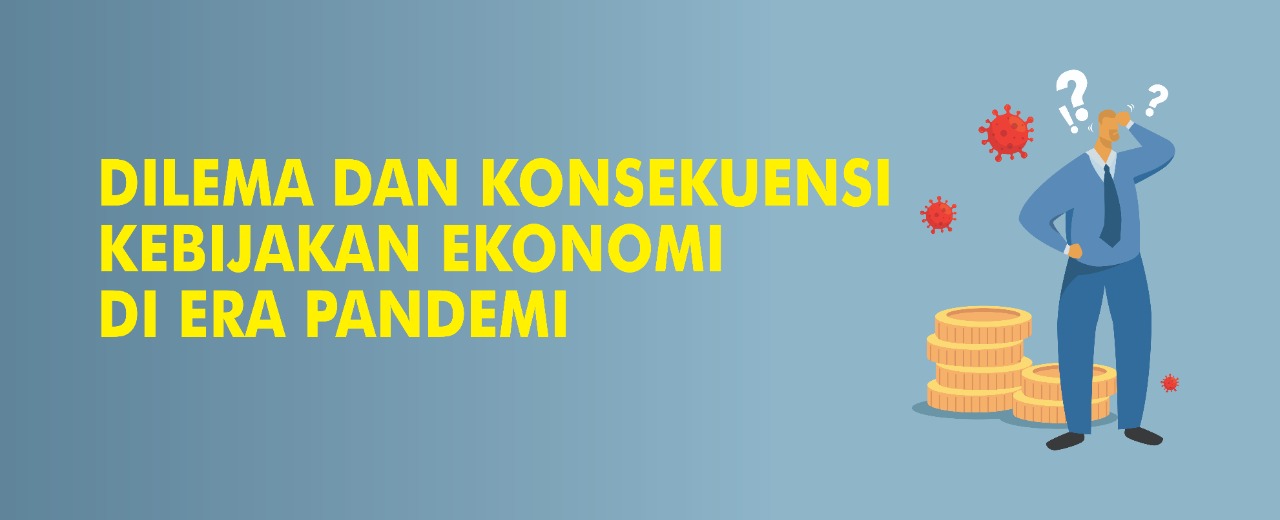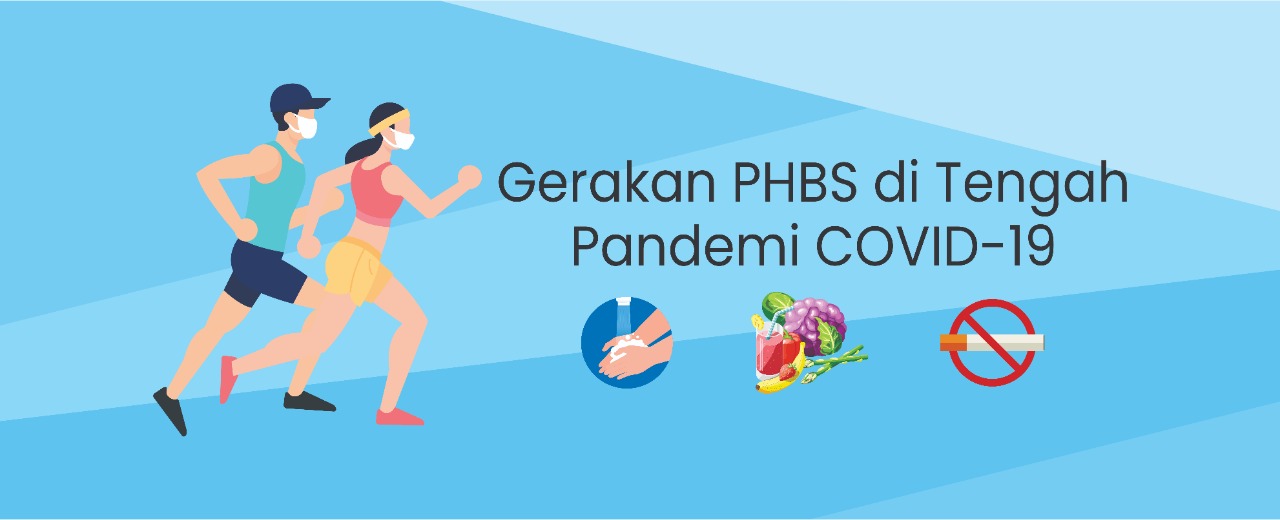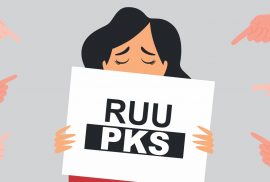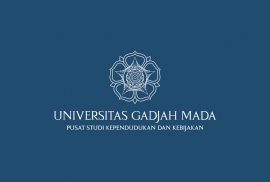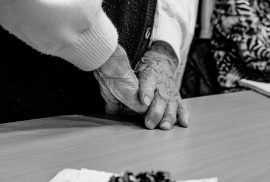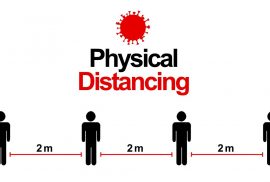The Covid-19 pandemic has not only hit the health sector, but it has also torn apart the state economy and widened social inequality. To save the health sector and the domestic economy, the Indonesian government should use the state budget as wisely as possible and review economic policies that may be risky and may put Indonesia at a disadvantage position in the global economy.
The Clean and Healthy Behavior (Bahasa Indonesia: Perilaku Hidup Bersih dan Sehat/PHBS) movement is currently being promoted as the way to prevent society from COVID-19. The world has struggled t overcame the COVID-19 for more than half a year and WHO has even declared the COVID-19 a global pandemic since March 11, 2020. The term pandemic refers to a disease that spreads to many people in several countries at the same time. The number of the spread of COVID-19 has significantly increased and globally. As long as the vaccine has not been found, the efforts to reduce the spread and prevention of COVID-19 are to implement the PHBS.
The Indonesia Statistics Agency recorded the poverty rate as of March 2020 increased to 26.42 million people. Regarding this position, the percentage of poor people also rose to 9.78 percent as of March 2020. The increase in poverty rate reached 1.28 million people from the previous rate, 25.14 million people compared to the rate as of March 2019. The percentage of poor people also rose 0.37 percent from March 2019, which was only 9.41 percent.
The statement of the National Commission on Violence Against Women (Komnas Perempuan) in 2014 about Indonesia’s emergency of sexual violence is not without a basis. As an independent state institution in upholding Indonesia’s human rights, the National Women’s Commission has an adequate database of various acts of violence experienced by women, even they noted an increase in cases by time. So, why has the Sexual Violence Eradication Bill that has been proposed to the National Legislation Program of the House of Representative (Prolegnas DPR RI) since 2015 not been passed yet to date? What is the core problem and is there any solution?
Call for Paper "Population and Policy Perspectives in COVID-19 Handling"
The elderly population in Indonesia in 2019 reached 9.60 percent or around 25.66 million people. This condition shows that Indonesia is transitioning to aging population because the percentage of population of people aged 60 years and over reaches more than 7 percent of the total population (Indonesian Central Bureau of Statistics, 2019).
It was also recorded in 2019 that the dependency ratio of the Indonesian elderly was 15.01 percent. It means that every 100 people of productive age population (aged 15-59 years) must bear 15 elderly. If this is balanced with the ability of elderly that are independent, have good quality, and not a burden on society, then the aging population will have a positive effect on national development.
Even though the current situation (physical distancing) forces the community to be physically distant, the community should also not be emotionally distant because everyone is facing the same problem called COVID-19. However, according to him, there is a strong indication that there will be a growing division of emotional closeness in Indonesia.
To support food self-sufficiency in the midst of COVID-19 pandemic, urban communities can utilize urban farming models, such as optimizing land or open space by creating community garden, roof garden or vertical garden. Also, developing urban farming model on limited land can also be done, such as vertical, hydroponic, and aquaponic gardens. As one of referenced institutions for research in population and policy, Center for Population and Policy Studies (CPPS) UGM always seeks to ground the discourse it builds into the most practical and strategic actions needed in dealing with a crisis situation.
“Those who are not poor are close to the poverty line. It means that if there is a crisis, it makes those who are not poor lose income, so they become poor. Without access to safety net programs, the poor and vulnerable groups will be hit from two sides, health and economy,” Elan Satriawan said.

